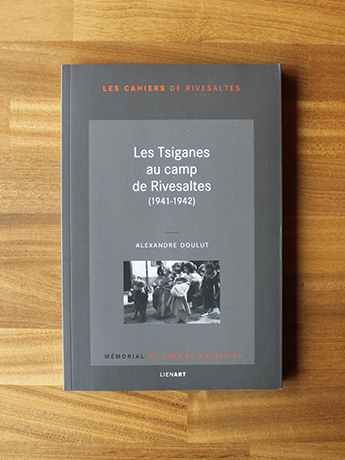
Although they were fewer in number than the Jewish and Spanish internees at the Rivesaltes Camp, almost 1,500 gypsies “passed through” the camp. This figure makes Rivesaltes the most important camp in the history of the persecution of gypsies in Southern France. This is the main new discovery of this study, essentially based on the camp records of the Languedoc region (Agde, Argelès, le Barcarès and Rivesaltes), and on the files of various local administrative bodies, witness accounts being extremely rare.
We also learn in this book that most of the gypsies were nomads from the Alsace-Moselle region who were expelled to the southwest in 1939, and who then went south during the exodus of May 1940. Some were even deported by the Germans to the free zone in the second quarter of 1940. At first, they were interned as refugees. Later, in 1941-1942, when gypsies from several regions arrived, a policy of physical exclusion from society was properly enacted.
The author wonders why certain prefects failed to send “nomads” from their regions to be placed behind the barbed wire, while others organised hundreds of convoys of men, women and children to Rivesaltes. He also examines the administrative mechanisms that permitted the internment of hundreds of French nationals in a camp designed to house undesirable foreigners. Richly illustrated, this book shows that the police surveillance to which gypsies were subjected was far greater than that devoted to any other group of deportees during the Second World War.







